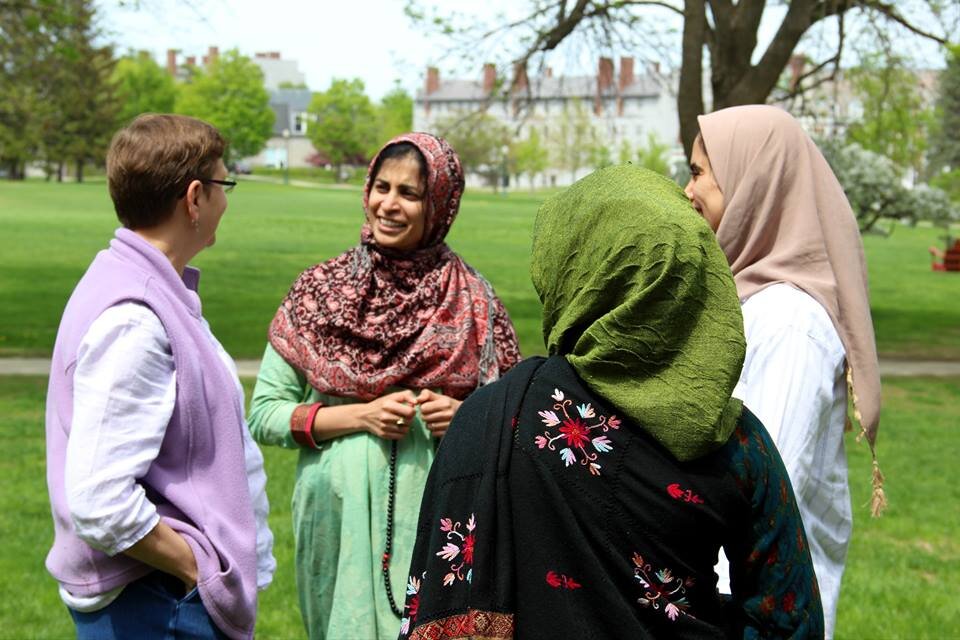
Education Chaplaincy
Chaplaincy on Campus
As the needs of diverse student populations on college and university only increase, Muslim Chaplaincy is an emerging presence in higher education. Colleges across the nation, especially private institutions, are expanding their religious and spiritual life personnel to include Muslim Chaplains. While some institutions opt for titles other than chaplain to identify these religious professionals, employing terms like Muslim Advisor, or Coordinator for Muslim Life, these positions share a common focus: supporting campus Muslim communities through facilitating and/or providing weekly religious services, offering pastoral care, educational programming, and representation in inter-faith engagement.
On many campuses, Muslim chaplains are at the forefront of challenges ripe for deeper exploration but fraught with complexity. These include, but are not limited to the relationship between Muslim chaplaincy and the academic study of study of Islam offered by faculty in a time where basic literacy about Islam is urgently needed; the extent to which a college or university’s rhetorical embrace of rising pluralism matches their support (or lack thereof) for Muslim student life and practice; helping college-age students find their voice, faith and stamina amid the onslaught of academic, social, relational and developmental pressures.
Through all of this, Muslim chaplaincy on a growing number of U.S. campuses is expanding opportunities for students to access spiritual tools and resources in their overall identity formation. Chaplains may accomplish this through a variety of means, but none more valuable than simply offering empathetic presence, listening and unconditional compassion for those they serve.
To learn more about Muslim Chaplaincy in higher education, you may access the professional resources listed on our website.


